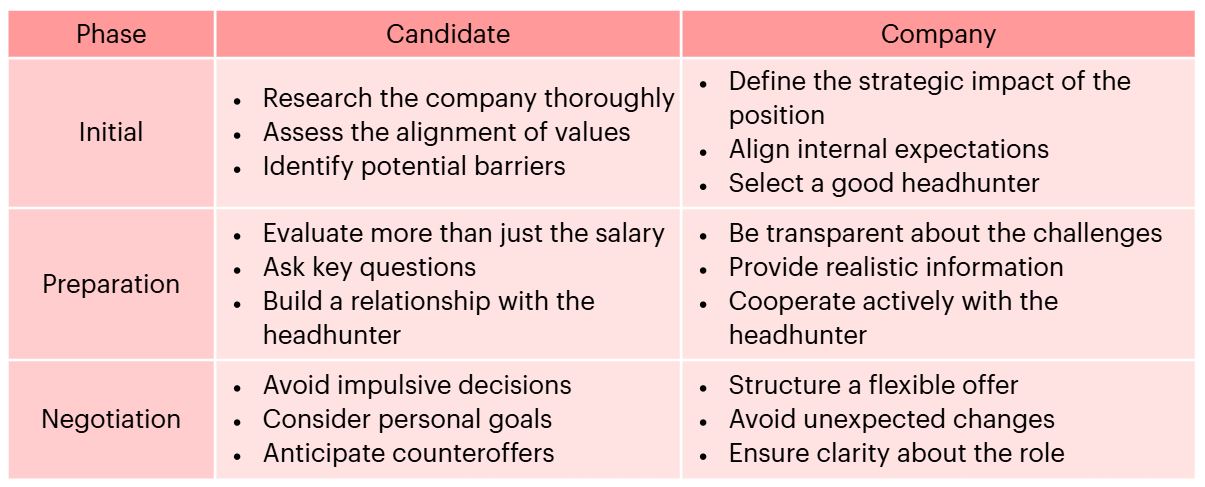
IESE Insight
Negotiating with emotional intelligence
From self-awareness to mutual understanding, here’s how the best leaders negotiate.
Emotions have often been seen as enemies of effective negotiation. Leave them outside, we’re told, as if self-control were synonymous with suppressing everything human. But leaving emotions outside isn’t just impossible, it’s counterproductive. Negotiation is more than just an exercise in logic and argumentation. It’s an interaction between people driven not only by interests but also by fears, expectations, biases and the need for validation.
In this complex terrain, good negotiation requires something more: emotional maturity, clarity about the value you bring and a genuine willingness to understand what drives the other party. In a series of technical notes, IESE’s Guido Stein and co-authors discuss how we can better understand and develop effective negotiation skills.
Negotiation begins within you
Neuroscience has shown that many decisions are made before reason can justify them. Amygdala hijack — an intense, involuntary emotional reaction — often takes over, especially in high-pressure situations.
That’s why every good negotiation process begins with self-awareness: identifying your emotional triggers, recognizing your microexpressions and understanding how you react in different scenarios.
Some of the tools recommended to help train this mental clarity include:
- Detachment journal: This involves recording daily situations in which more emotional distance would have been helpful. Writing down the situation, your emotional response and a more strategic alternative helps develop a less reactive, more goal-oriented mindset.
- Metamorphosis map: This tool maps out a timeline of significant events in your personal and professional life. Visualizing this helps you understand the lessons you’ve learned and project future growth milestones, reinforcing confidence in decision-making.
Rather than repressing our feelings, we need to learn to manage their influence. Conscious emotional detachment doesn’t mean coldness — it means clarity. It’s the ability to maintain strategic focus without losing our sense of self, deliberately separating our emotions from the surrounding chaos. This is only possible through preparation and practice.
How to improve negotiation skills
There are three pillars that help improve negotiation skills and turn anxiety into confidence:
- Preparation: This goes beyond knowing your own goals; it means anticipating the motivations, interests and fears of the other party. It also includes emotional preparation: rehearsing scenarios, setting boundaries and developing active listening.
- Flexibility: Those who are well-prepared can improvise without losing direction. In contrast, rigidity is often a sign of fear.
- Practice: Negotiation is a skill that can be trained, like leadership or music. Gradually exposing yourself to challenging situations builds self-confidence and reduces emotional strain.
In high-stakes contexts such as mergers, layoffs, renegotiations or key hires, these pillars are crucial for avoiding mistakes that can be costly in the long run.
Talent-based negotiation: more than just salary
In “Negotiating with a headhunter,” Stein analyzes the different phases and dynamics of a demanding negotiation, such as in recruitment processes. On one side, the company is looking for talent that aligns with its culture and strategy; on the other, candidates seek projects that enable their professional growth. In this context, the role of the headhunter is key, acting as a mediator and a builder of trust between both parties.
In these cases, emotional management is twofold: for the person representing the organization and for the candidate. Unspoken emotions — such as insecurity, the desire for validation or fear of change — often influence the interaction more than words. That’s why it’s important to read nonverbal cues, recognize your own biases and build relationships based on perspective, not just perception.
Tips for each stage of the hiring process
Negotiation isn’t about winning through pressure. It’s about influencing through respect and understanding both yourself and the situation. It means combining strategy with empathy and recognizing that the best preparation doesn’t just reinforce your positions but improves your questions.
According to Stein, executives who invest in self-awareness learn to listen to what’s unsaid and develop the ability to read contexts. They don’t just negotiate better; they also lead better.

MORE INFO:
Negotiation, intelligence and persuasion
READ ALSO:

